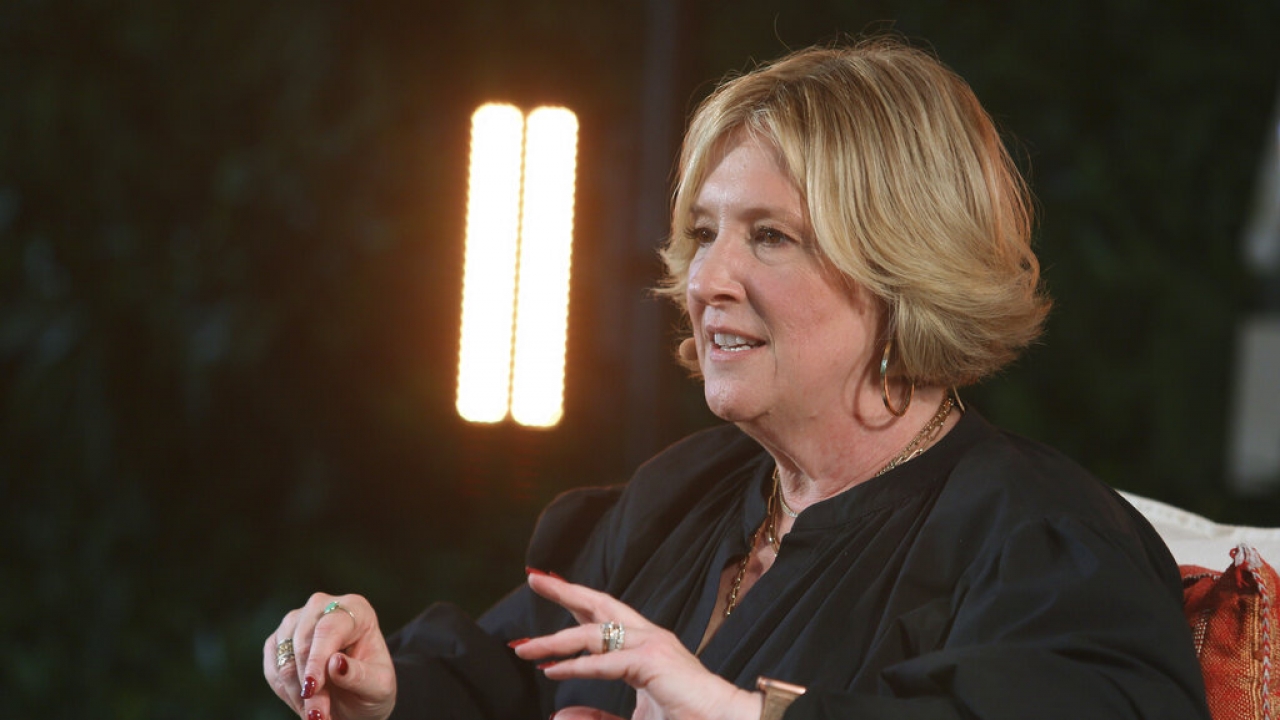Whether you're looking for new sources of inspiration or just curious to hear stories from different perspectives, TED Talks by women are a great way to broaden your outlook. There is something for everyone, from discussions on the power of vulnerability to talks about beauty and injustice.
Watching women-led TED Talks are particularly enlightening during Women’s History Month. It not only allows us to recognize the immense contributions that women have made in history, but it also serves as a reminder of how much further we still need to go in terms of gender equality and female representation.
Here are 10 TED Talks that everyone should watch this month and beyond.
Anne-Marie Slaughter: "Can We All 'Have It All?'"
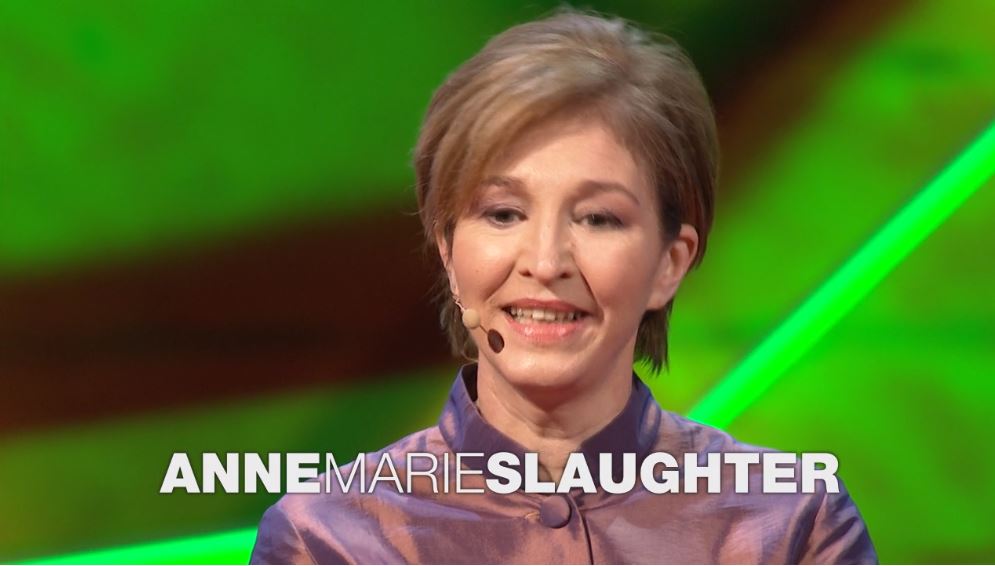
Anne-Marie Slaughter questions the outdated notion that women must choose between a successful career and a fulfilling family life. Drawing on personal experience, she discusses how many women suffer from an “impossibility complex” due to unfair expectations of perfection placed upon them. Slaughter argues that to achieve true gender equality and allow everyone — regardless of gender — to have it all, society needs to fundamentally shift how it views parenthood, with fathers taking equal responsibility for parenting. She encourages us to focus on creating flexible working conditions instead of emphasizing individual choices as the solution to inequality.
Joy Buolamwini: "How I’m Fighting Bias in Algorithms"
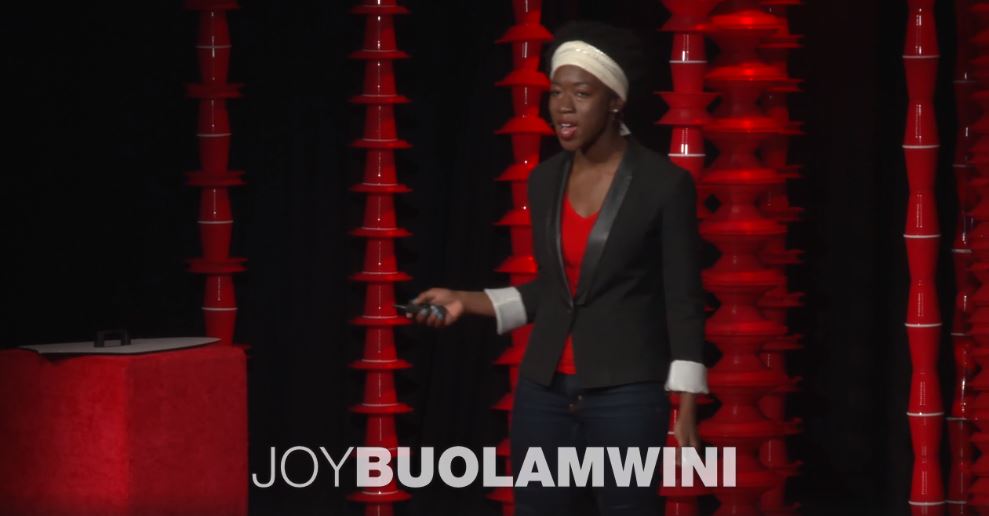
Joy Buolamwini shares her experience of being overlooked by facial recognition software due to her dark skin. She draws attention to algorithms being trained with biased data that disproportionately underrepresent certain social groups, leading to discriminatory outcomes. To counteract this, Buolamwini founded the Algorithmic Justice League, a movement to fight bias in algorithms and hold tech companies accountable. She calls on us to pay attention to the dangers of AI algorithms and fight for fairer development practices before we end up with a future run entirely by automated decisions.
Susan David: "The Gift and Power of Emotional Courage"
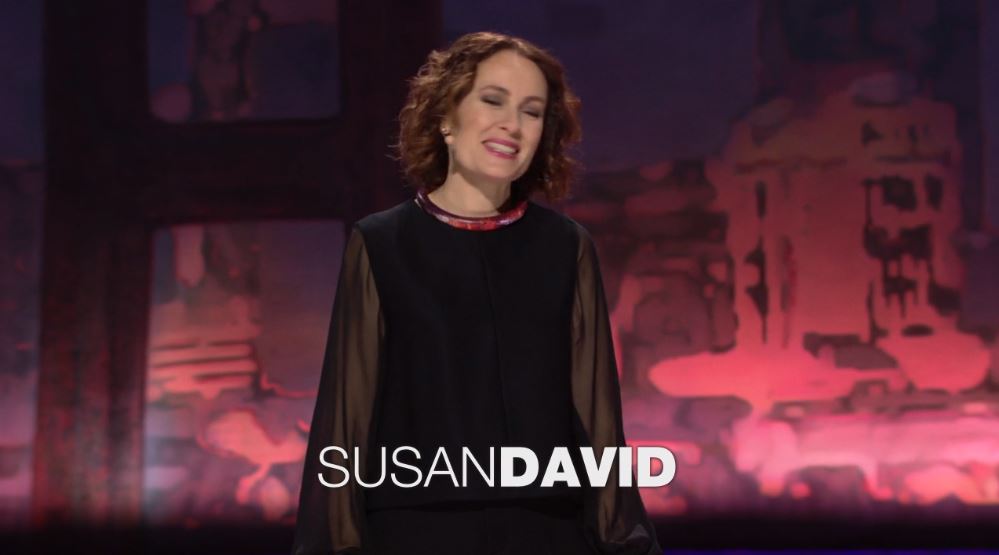
Susan David explores how emotional courage can change our lives. Drawing on anecdotes from her life, David explains that emotional courage is the ability to acknowledge and embrace complicated feelings instead of suppressing them, allowing us to move forward. She points out how often we judge ourselves and others by our emotional reactions instead of recognizing that emotions are essential tools for understanding situations. She encourages us to be more loving and forgiving toward ourselves, accepting all feelings as part of our natural state of being. This way, we can build up the strength to recognize our uniqueness, which will eventually guide us to success in our personal and professional lives.
Chimamanda Ngozi Adichie: "The Danger of a Single Story"
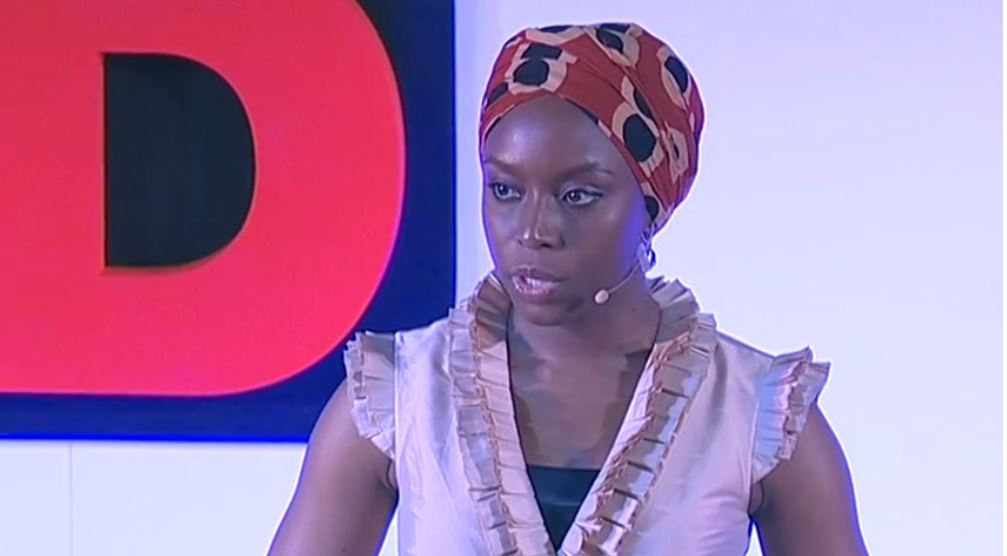
In her TED Talk, novelist Chimamanda Ngozi Adichie pushes against the oversimplification of people and cultures by telling multiple stories about groups. She argues that when we limit our perception to one story, we form false stereotypes and create a limited understanding. To illustrate this point, she shares examples from her own experience growing up in Nigeria, from the harmful stereotypes she faced due to the single story of Africa that’s often in the West to how embracing her culture’s many stories allowed her to become a more well-rounded individual. Adichie encourages us to recognize and challenge our bias by actively seeking out multiple perspectives to build a more complete view of the world.
Aimee Mullins "The Opportunity of Adversity"
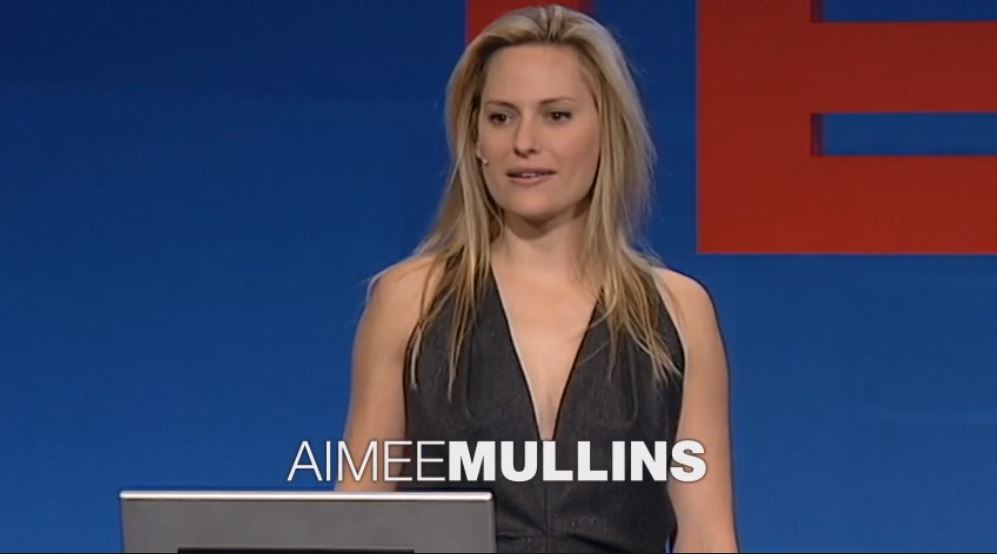
Aimee Mullins, who was born without shinbones, speaks about adversity and its power to forge strength. She shares her own experience growing up with a disability and how it taught her resilience and optimism in the face of difficult situations. Mullins emphasizes that having different stories and perspectives enriches our lives, allowing us to find beauty in diversity. She encourages us to open ourselves up to possibilities, enabling us to discover the hidden potential within each of us — potential that can be harnessed by embracing the things we may consider weaknesses. Success can be found in places we least expect it by breaking down boundaries between what is traditionally seen as a limitation and an opportunity for growth.
Anu Aga: "Death"
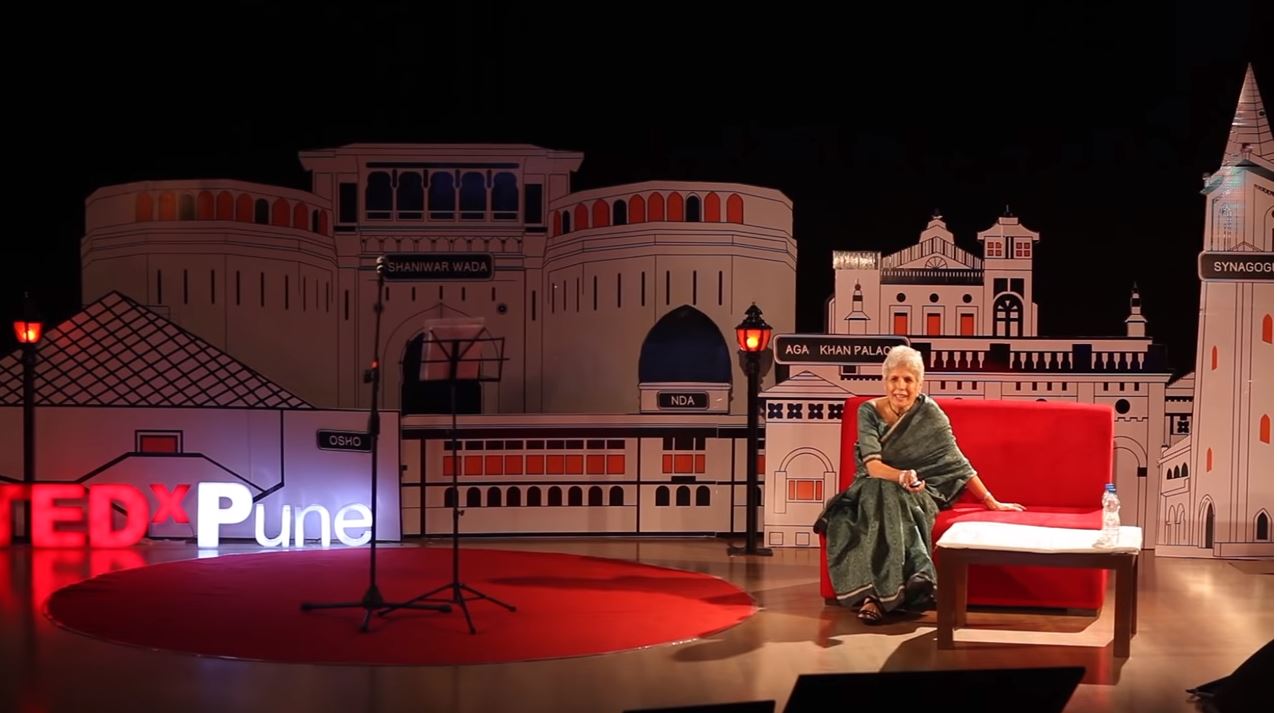
Indian billionaire businesswoman and social worker Anu Aga tells her story of losing several loved ones, including her husband and son, and facing the reality of death. She speaks about how death can bring unexpected emotional pain and how we must learn to cope with loss. In the face of tragedy, Aga found strength in faith and gratitude for the life she was given. Her talk emphasizes that it is possible to find hope even in times of sorrow and an appreciation for the precious few moments of joy that life offers us. Aga addresses the importance of sharing these stories to help others come to terms with their own grief and build an understanding of death’s finality by accepting its part in our lives.
Susan Cain: "The Power of Introverts"
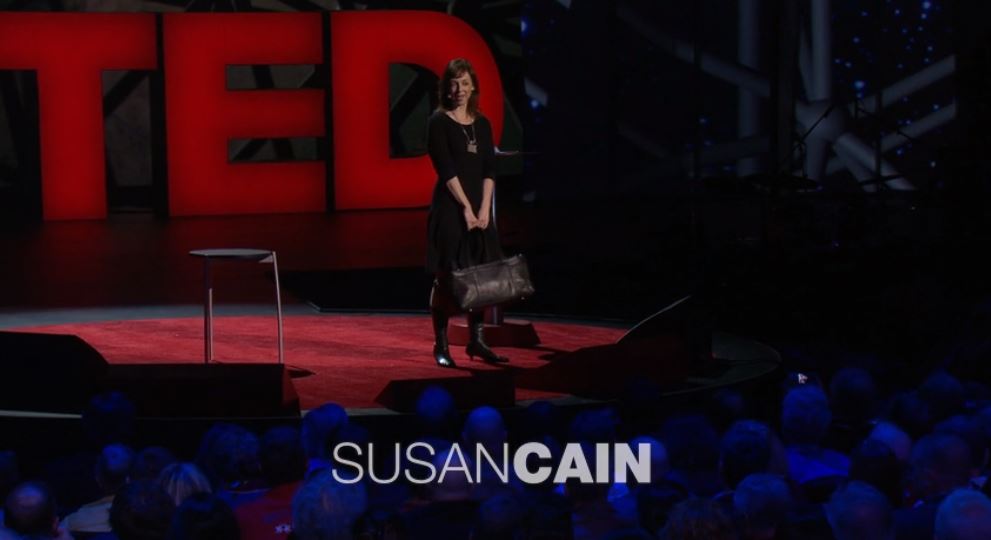
Writer Susan Cain discusses the importance of introvertism in today’s society. Drawing on personal experience, she speaks about how extroverted ideals are often celebrated and how this can lead to introverts feeling unheard or unable to succeed in the world. Cain argues that these individuals possess their own hidden potential, which is only unlocked when their voices are acknowledged and respected. She emphasizes the need to balance the two personalities and create environments where different temperaments can thrive together. Her message encourages us to embrace our unique qualities and ultimately reach our full potential by recognizing our own strengths.
Mellody Hobson: "Color Blind or Color Brave?"
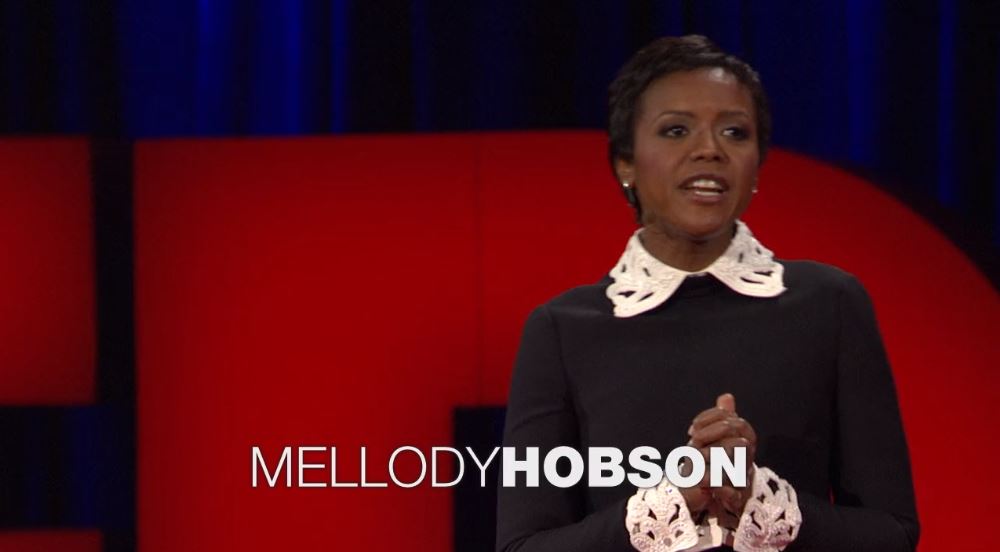
Mellody Hobson speaks of the need to embrace the differences of race in today’s society. She stresses that the key to progress is having a sincere and meaningful dialogue about our identities and experiences without judgment. Hobson, president and co-CEO of Ariel Investments, chairwoman of Starbucks Corporation and former chairwoman of DreamWorks Animation, asserts that it’s not enough to simply avoid racism, as we must also be proactive in creating an environment where everyone feels safe and respected. Her message highlights the importance of inclusion, rather than just “tolerance” by recognizing and celebrating different cultures, perspectives and backgrounds. Ultimately, she emphasizes that we all have a shared responsibility to create a more equitable society where everyone is accepted for who they are.
Brené Brown: "The Power of Vulnerability"
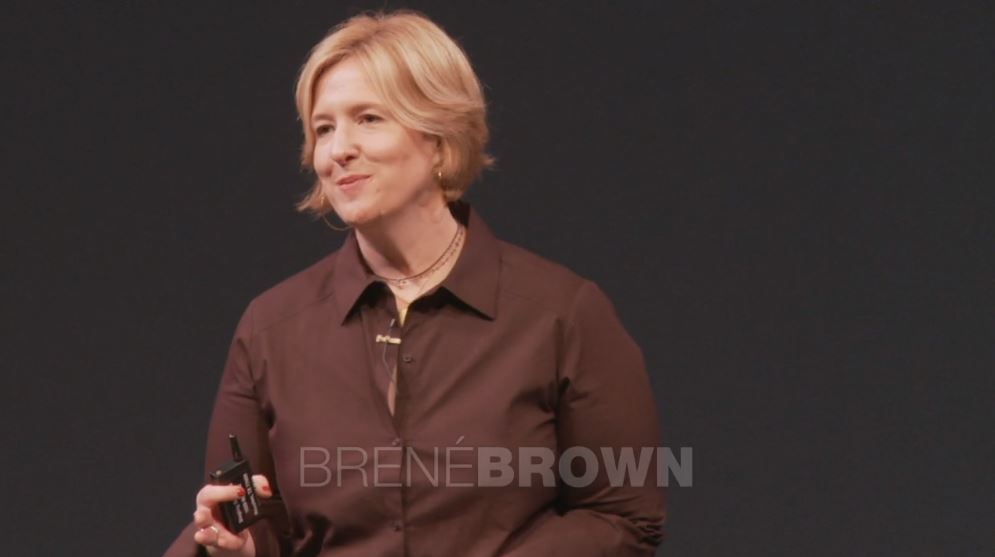
In her TED Talk, Brené Brown emphasizes vulnerability’s role in fostering meaningful connections. Drawing on her research, she speaks about how vulnerability is often seen as a weakness in society but can actually be a strength. She makes the case that allowing ourselves to be vulnerable allows us to build meaningful relationships and to understand our true selves better. Her talk highlights the importance of being honest with ourselves and others and connecting through openness and compassion. Brown presents her argument by giving personal examples of courage and renewal which result from living an authentic life.
Elizabeth Gilbert: "Your Elusive Creative Genius"
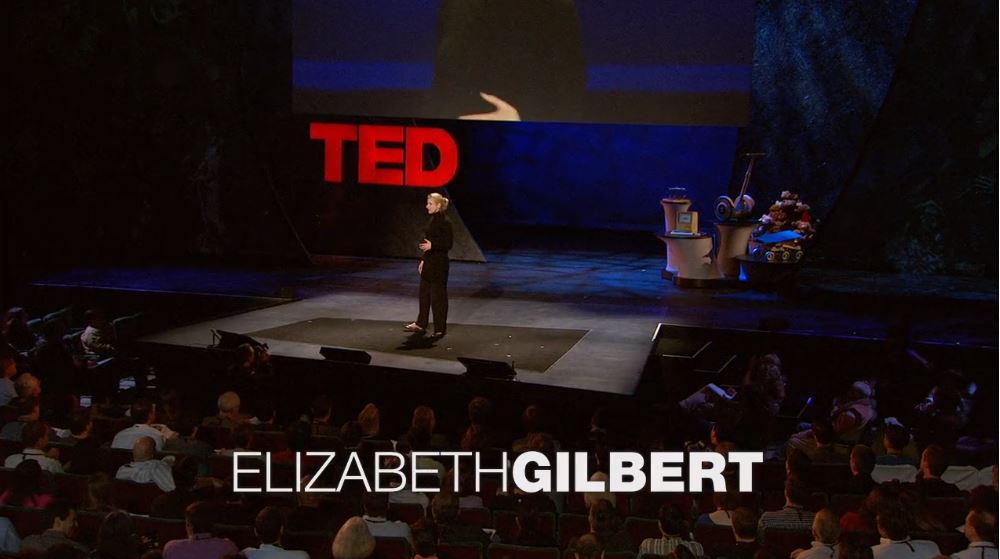
Author and journalist Elizabeth Gilbert discusses the notion of creative genius. She asserts that creativity is no longer connected to a single individual but rather a divine presence that comes to us in moments of inspiration and hard work. She points out that instead of trying to possess this power, we should honor it and allow it to flow through us as needed. Ultimately, her talk emphasizes the importance of embracing our creativity by trusting ourselves and embracing every moment along our journey. Gilbert encourages us to let go of any perfectionism or fear of failure to access our full potential as creative beings.
This story was originally published by Tricia Goss on Simplemost.
